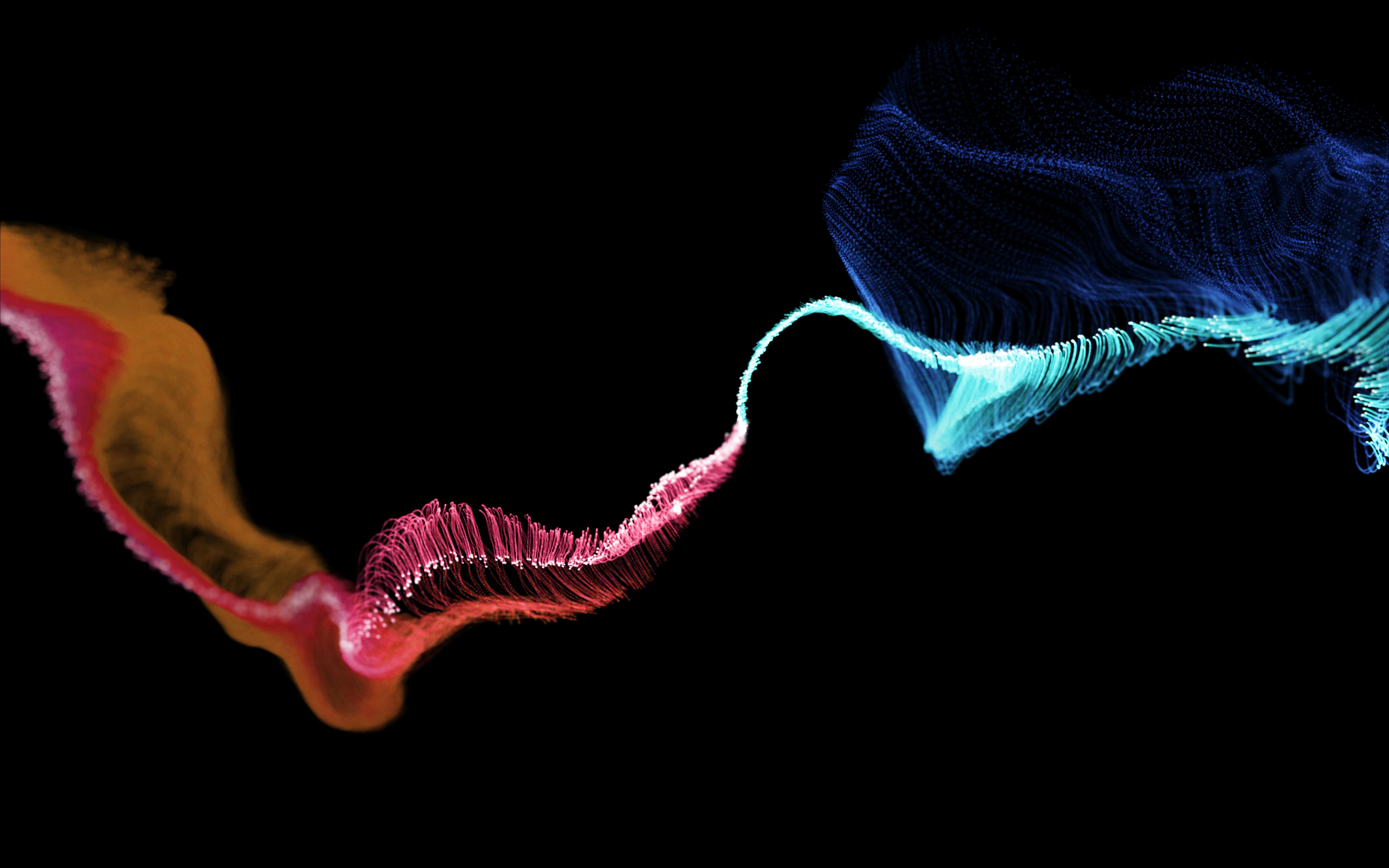Unexpected Utility
February 10, 2012
I believe unexpected utility is one of the most under-researched ideas in behavioral finance and economics. I, for one, experience it occasionally, and it is the best kind of utility.
 Photo by Richard Horvath.
Photo by Richard Horvath.
What, exactly is “unexpected utility”? It’s an experience, usually and hopefully positive, that you completely didn’t remotely see coming. The expectation is key here. Daniel Kahneman, in his recent book, uses the example that the same meal, when made by someone else, often tastes better. When you are making a meal, you are at some level pre-experiencing it - you think about what the ingredients will taste like, you are smelling them as you cook. By the time you actually eat you’ve actually experienced a reasonable amount of the meal. (In my case because I snacked on some of the ingredients along the way.)
Because we care much more about changes than we do levels, going from no-meal-experience to full-meal-experience, as you do in a restaurant, makes a much bigger impression. It is one thing, for example, to enter into a prize draw for $100, and then win. At some level, you knew it was possible, and you’ve already thought about it, and at some level, experientially discounted it.
Contrast that with finding $100 in the pocket of pants you haven’t worn for a while (yes, hard for me to imagine too). That would be much more happiness generating.
Because unexpected utility is so powerful, I really wish it was a bigger, more frequent part of our lives. If we all helped out someone who didn’t see it coming, for example, we’d probably make all of us quite a bit happier. If we set our lives up to have more unexpectedly good experiences (perhaps by doing safe, but novel things), we might end up surprisingly content.
Any ideas about how to encourage unexpected utility?